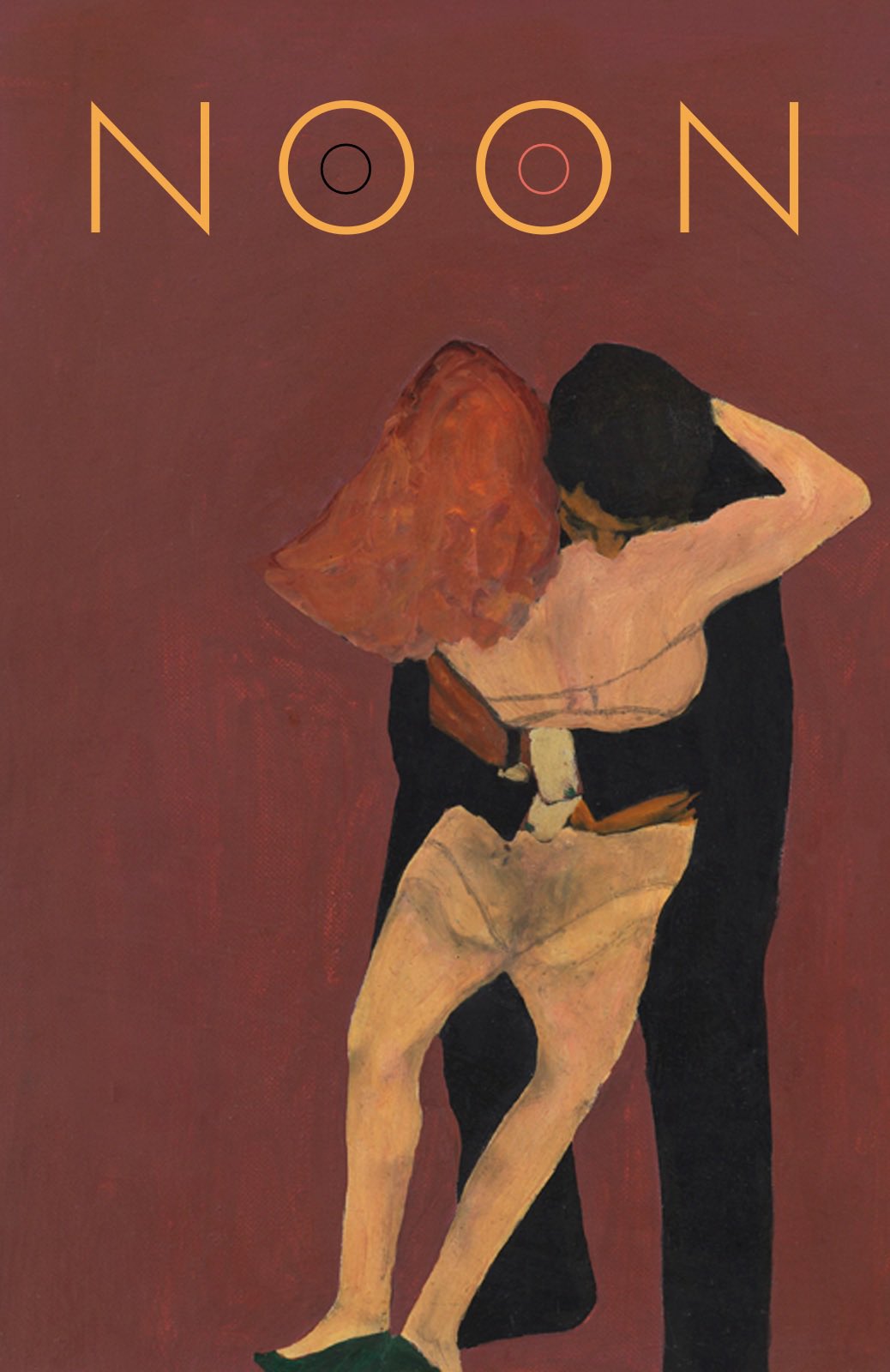After my new eyeglasses, I start noticing new things: the man working at the cocktail bar wears cummerbunds that make his shoulders look higher, thicker, closer to his earlobes. He always pours nice drinks for me but pours them weaker when I appear with the judge from the next county over.
There’s a case going on about chickens that escaped on their way to slaughter. The owner of a nearby farm sanctuary is suspected of stealing them, feeding them, treating them as pets.
I like chickens. I maybe like the judge. We’ve only been on a few dates so far, and the judge, after he arrives, asks the bartender for a whiskey. The judge is handsome, with a petite nose, a face that appears to have had a life of sunscreen, teeth that seem to have never missed an appointment with the dentist. Likewise, his hair appears as if it’s had equal amounts of attention, though there’s a little loss in front, yet, in some ways, that adds to his appeal, as it wouldn’t be right for a man like him, in his early sixties, to appear way too refined and perhaps paranormal. I am terrified of some things.
The judge kisses me on the forehead, sits. Damn chickens, he says. Worse, damn people who try to save the chickens.
I don’t eat meat, and he knows this. He just figures it’s a statement. Some people just don’t eat meat. There’s the environmental thing, the diet thing. Chickens are chickens.
He doesn’t ask how I am. I am okay. I am pretty okay. I talk about the new glasses, a new prescription from a new optometrist. I take off the glasses and put them into his hands.
He says, They’re nice. I didn’t realize you needed glasses.
I say, I didn’t realize either till I got them. I’ve finally started noticing dirty hands, the curves in penmanship, tiny gnomes in people’s gardens, things that make me want to write letters to everyone I know, even to those I don’t, to people all over the country and even to ones beyond them.
I ask about his case. He has several. He knows the case I am asking about. It’s mostly all he’s been talking about lately.
He says, Hon.
I imagine the chickens of my childhood, their arrival at my grandparents’ house in boxes as fuzzy yellow chicks. My grandmother would brood them.
She’d go out to feed them every morning. She named them. They followed her throughout the yard, and then, later in the coop, she’d collect their eggs. They cackled, waddled, howled. At times, there was a rooster.
Later in the season, as a ritual, when it was time, my grandma, with her crooked knees, red bandanna, tough voice, and calloused hands, would grab each chicken by the feet and then the neck, lay each on the stump, and with her axe chop off each of her chick’s heads, then release them, watching each walking around full of blood and headless.
I was there. I’d have to help. After their bodies were soaked in boiling water, I’d remove the feathers. There’d be a little fire. I’d smell their scalding skin. She’d remove their guts, prepare them for the freezer, and once they were packed, she’d put in an order for the next ones.
My grandma with her false teeth and crooked walk, her wicked screams. That’s what my mother lived with.
My grandma was nice to me when I was growing up, from what I could see. I was just a baby.
__________________________________
From NOON Annual. Used with permission of Noon. Copyright © 2024 by Kim Chinquee.













